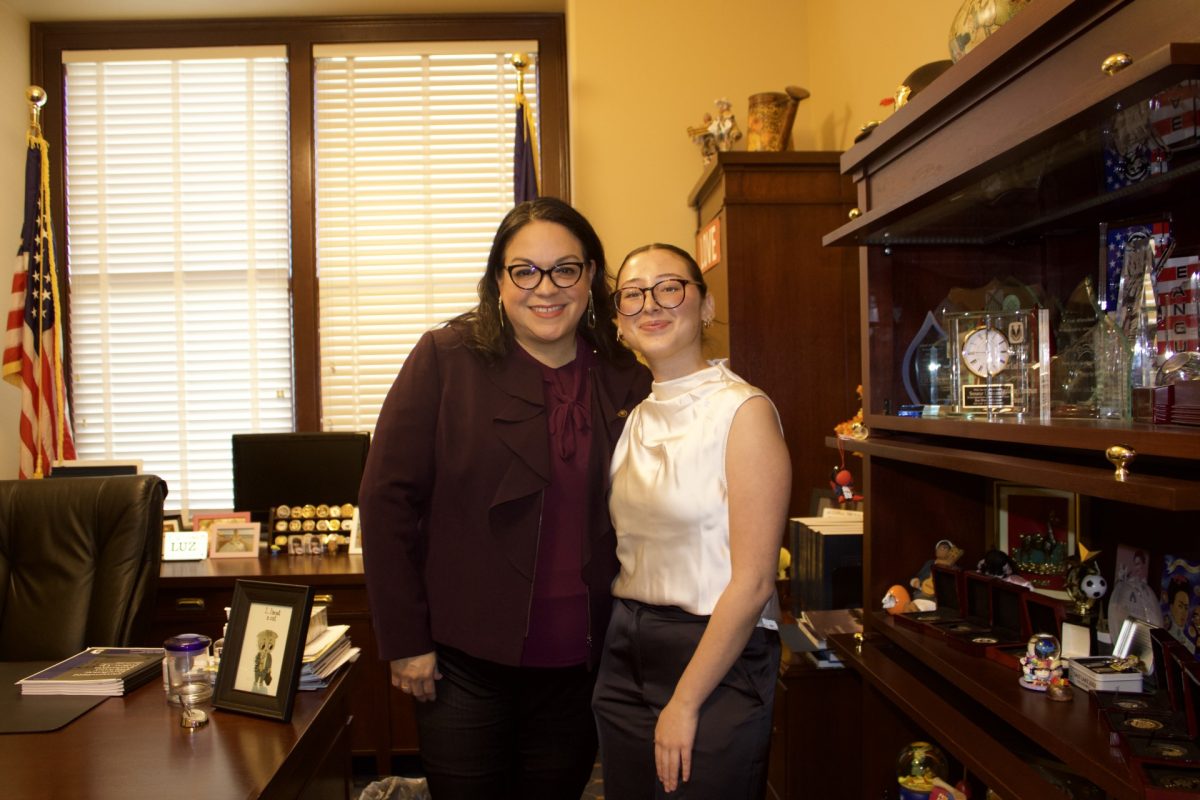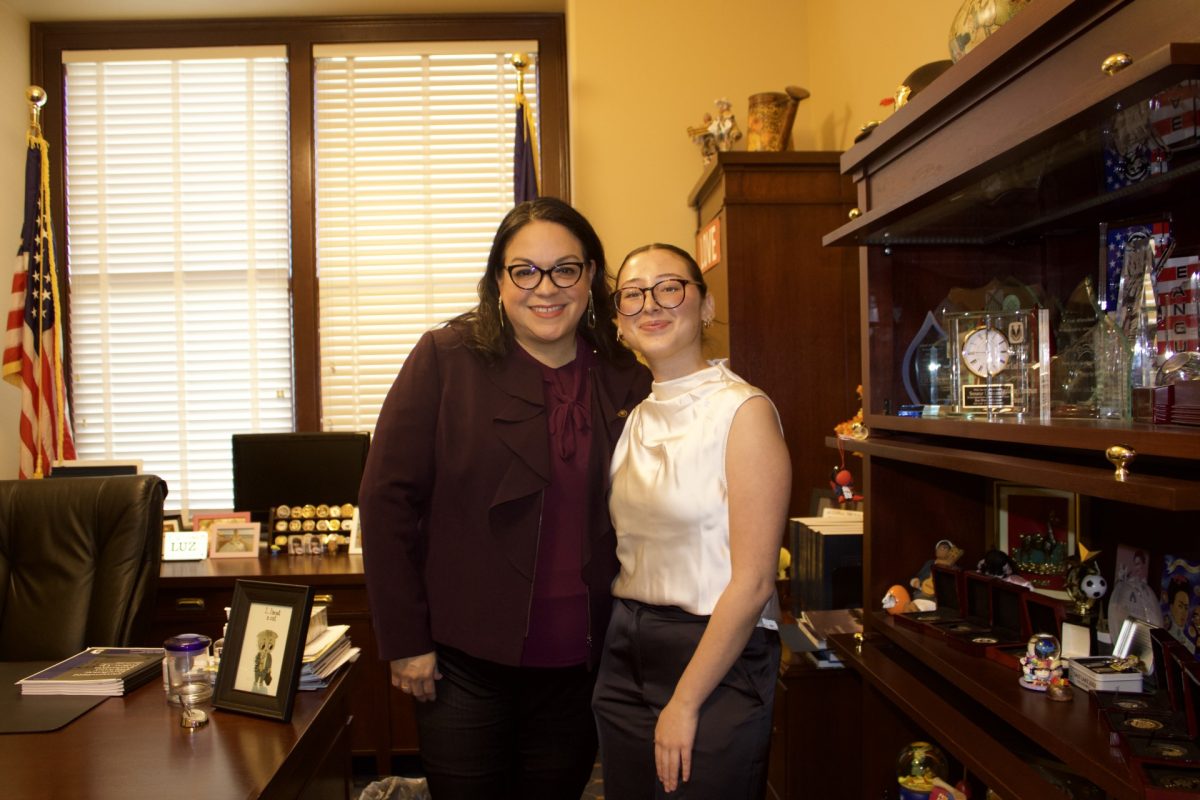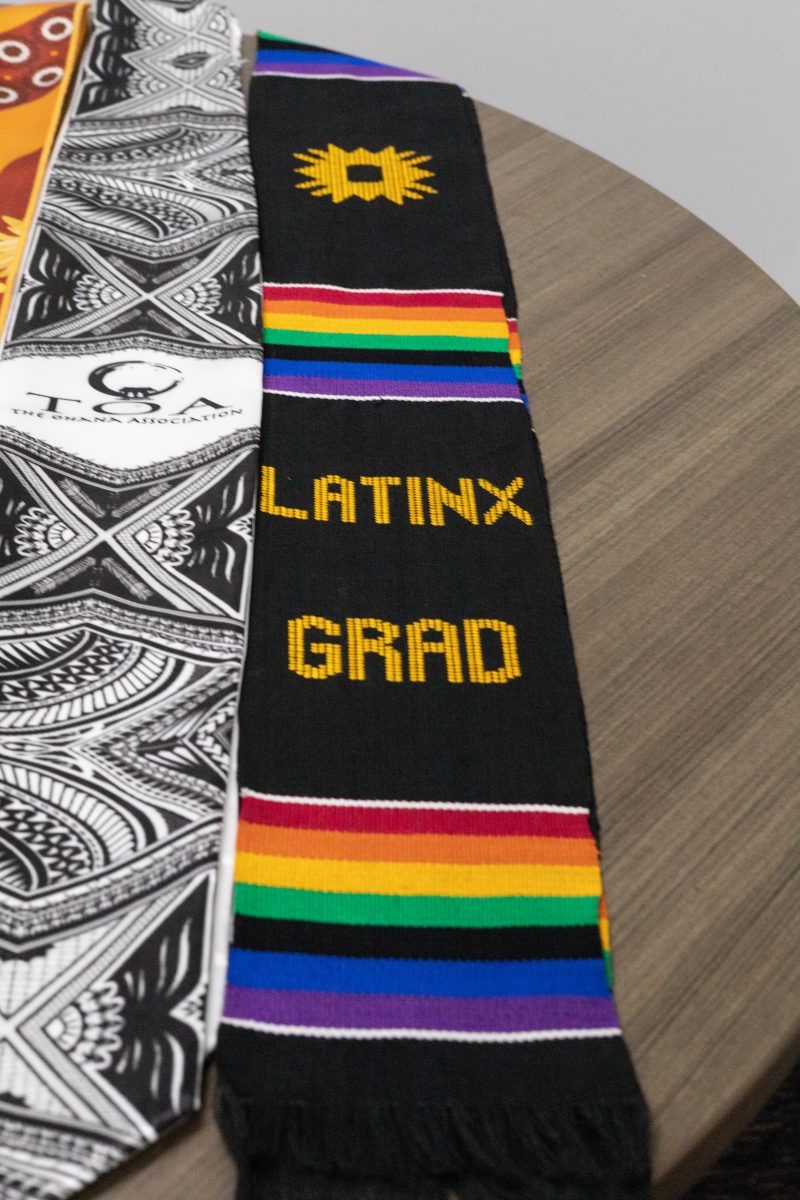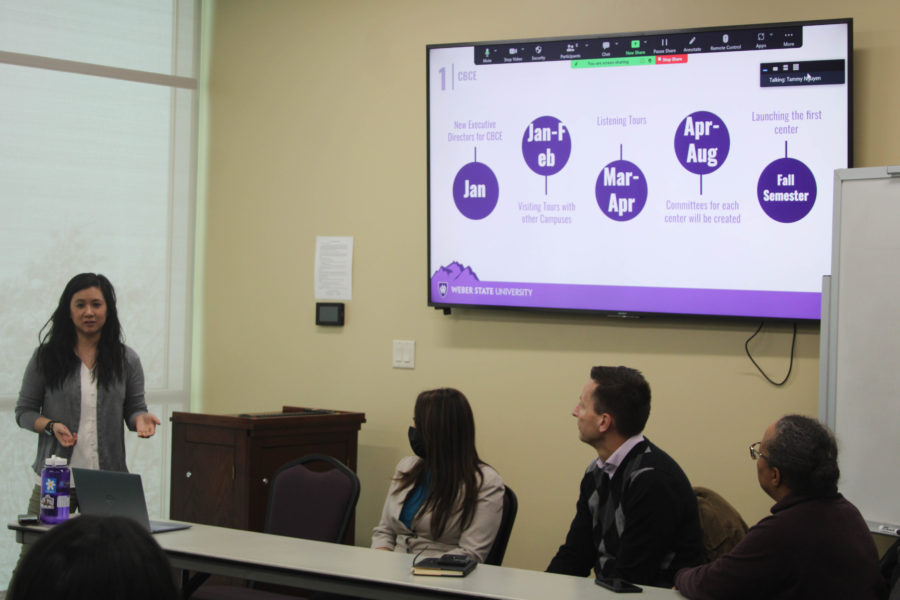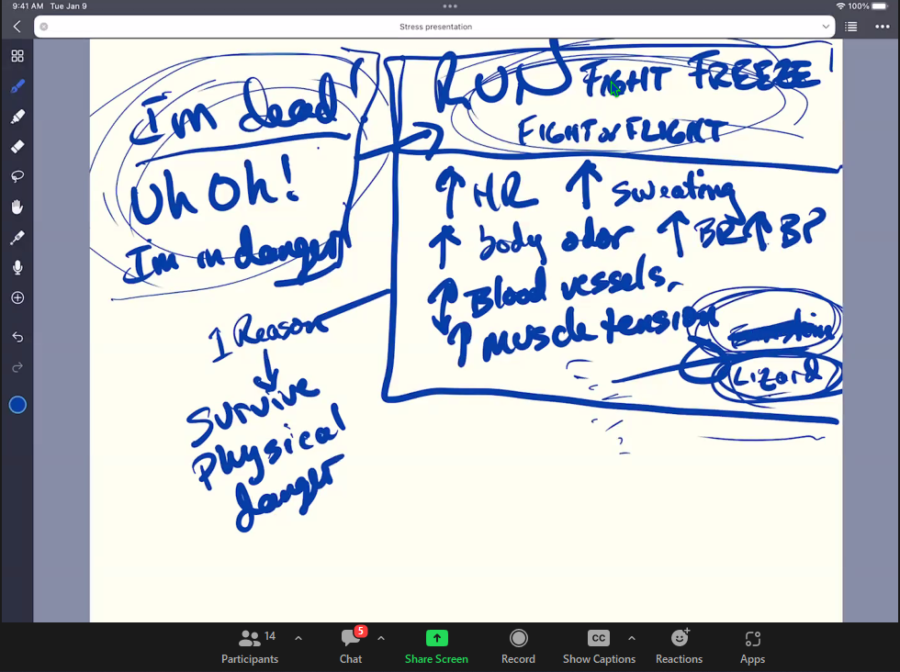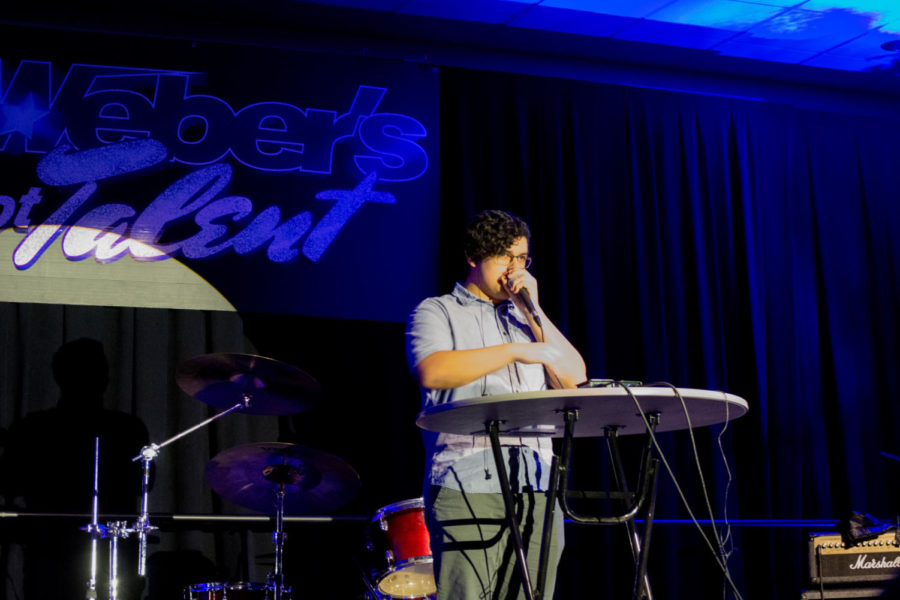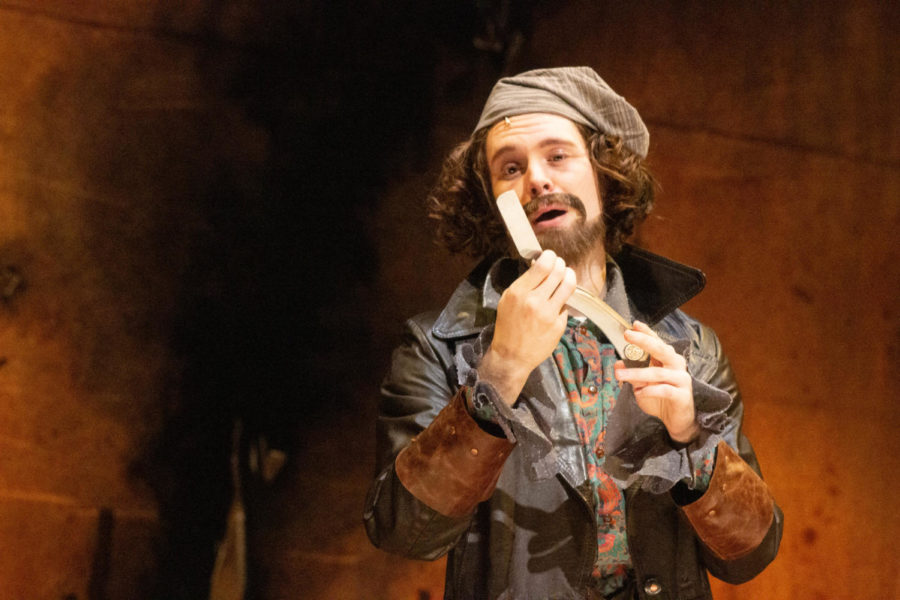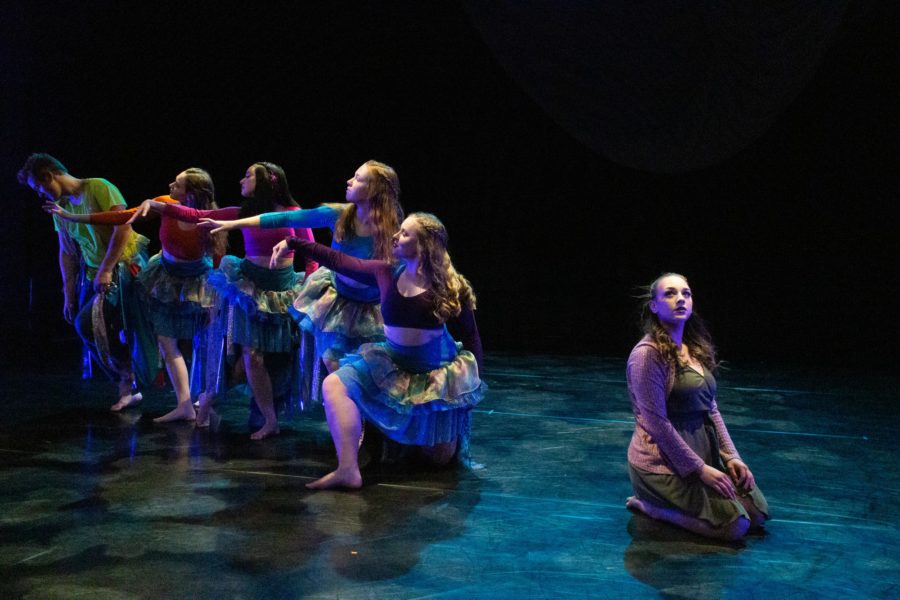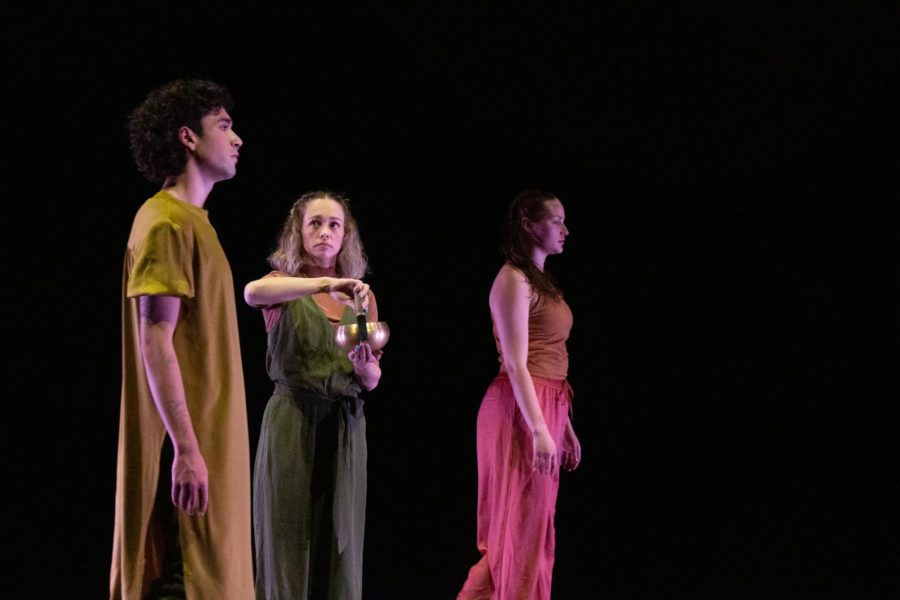
The Greek Festival will share tenets of Greek classicism with Wildcats through lecture, anthropology and theater throughout this week and next week.
Kathryn MacKay, a history professor, has orchestrated the events of Weber State University’s portion of the celebration. MacKay saw the start of Utah’s Greek tradition.
“The Greek Festival began on the U of U campus when I was there as a graduate student,” she said. “Now the production has moved to Westminster. WSU has sponsored the Greek plays on their tour for may years.
The crowning event of the festival is this year’s production of “Oedipus,” written by Sophocles.
Ryon Sharette, the actor cast as Oedipus, said he feels strongly about the benefits of Greek theater.






